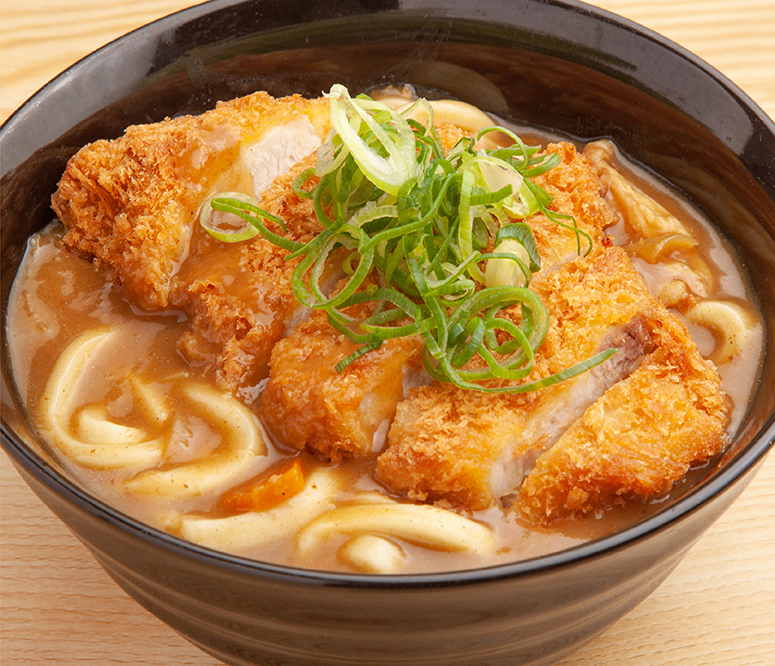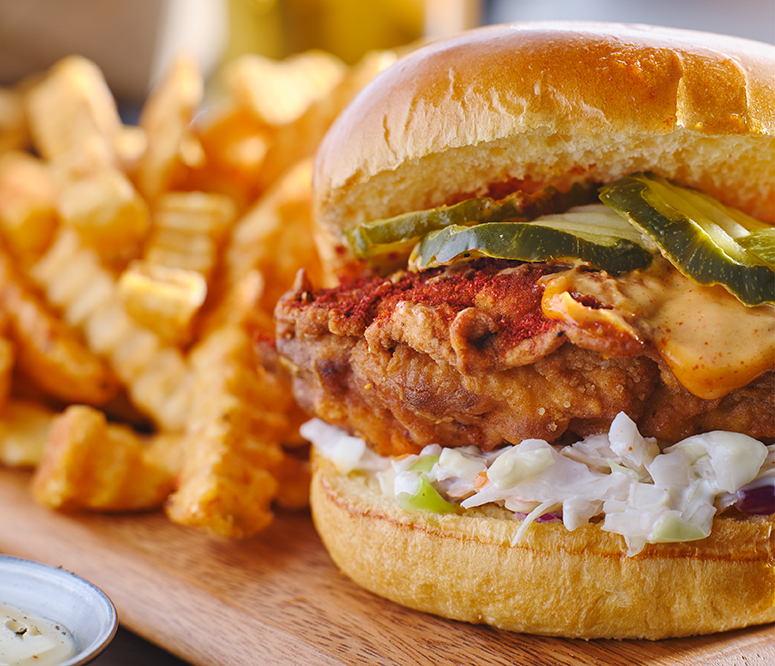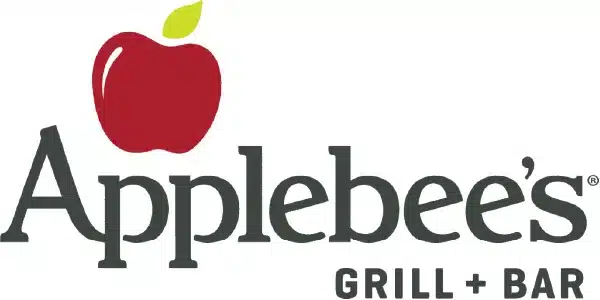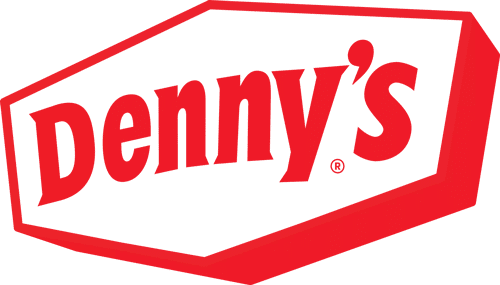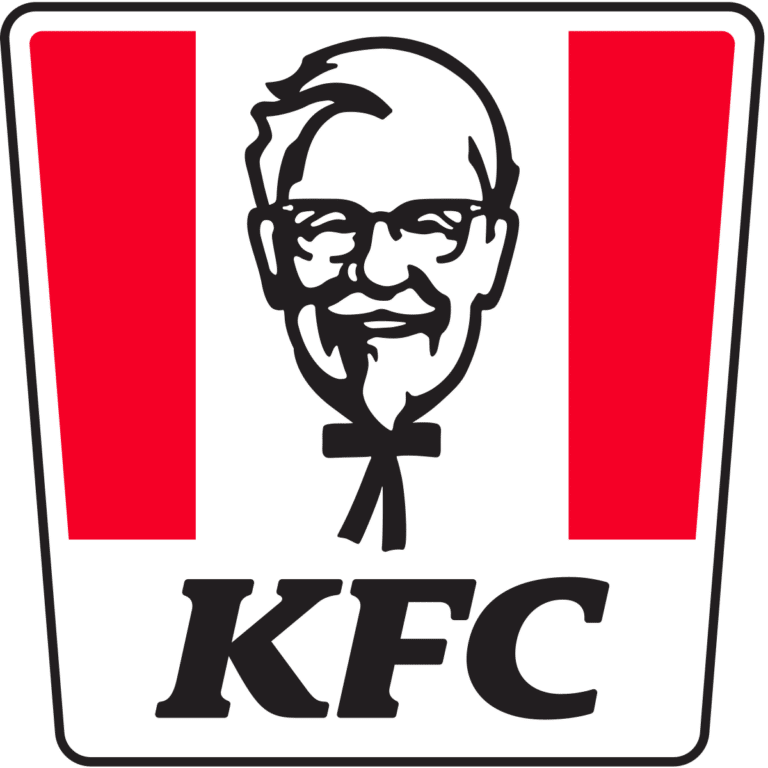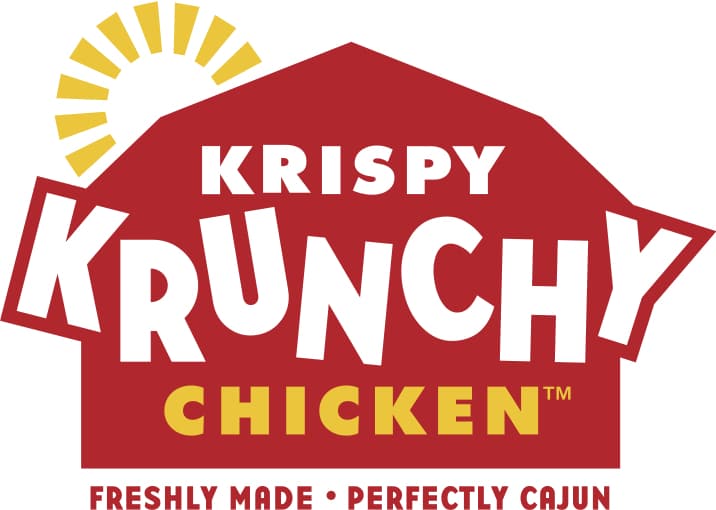
“With an automated system, the possibility of slip and falls, burns, and heavy lifting are greatly reduced. Now, my crew can have peace of mind, free from the shackles of risky manual oil handling.”

“We were able to reduce our overall oil expenses, giving our profits a boost. On average, we save approximately $1,600 per year per restaurant just in oil alone.”

